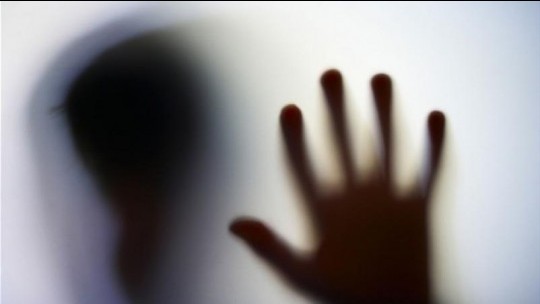.png)
00:00
00:00
00:00
CAPRI researcher Jenny Jones
Children are reportedly bearing the brunt of economic pressures resulting from COVID-19, with an increase in transactional sex involving minors.
It's the finding of the latest study by the Caribbean Policy Research Institute (CAPRI), titled The Stress Test: The Impact of the Pandemic on Domestic and Community Violence.
It was carried out in 47 of the poorest and most violent communities in Jamaica.
Researcher, Jenny Jones, said there is also an increase in sexual abuse of girls by stepfathers and experimenting boys as well as a jump in teenage pregnancies and girls being offered to older men for money.
"Once there is so called consent, agreement - in some cases this consent may be more from the family - many in the community see nothing wrong with this. They see this as helping poor families. There's no concept of the fact that a 12 or 13 or 15 year-old child is not only legally not capable of consent, but also among the majority of the community, there's no awareness of the emotional and psychological damage of early sexualisation," she explained.
Ms Jones said the rise in unemployment and the reduction in income as a result of the pandemic has left adults, and especially parents and caregivers, highly stressed.
"This stress was expressed in increased housing and cursing in five out of ten households. Positively, there were two out of 10 households where this decreased."
However, she said violent discipline of children overall has increased.
The CAPRI report recommends that the government provide basic training to public sector medical personnel and police to identify non-verbal signs of abuse of women and children.
It also says the cadre of social workers going into communities should be expanded.
Intimate partner violence
Fortunately, Ms Jones said the study did not find an increase in intimate partner violence.
"This finding was corroborated by the Women's Centre office, whose office and hotlines remained opened throughout the period, and by the head of the Victims' Unit of the Ministry of Justice. Their data on domestic abuse shows a decrease of 33 per cent between April and July over January to March, and up to the end of the year the increase has still not reached what it was in January to March," she outlined.
Ms Jones said some participants suggested the reason for the data is that the men who would normally engage in abuse "are not going to beat them when it's corona time and they don't want them to leave."



.jpg)






 All feeds
All feeds







